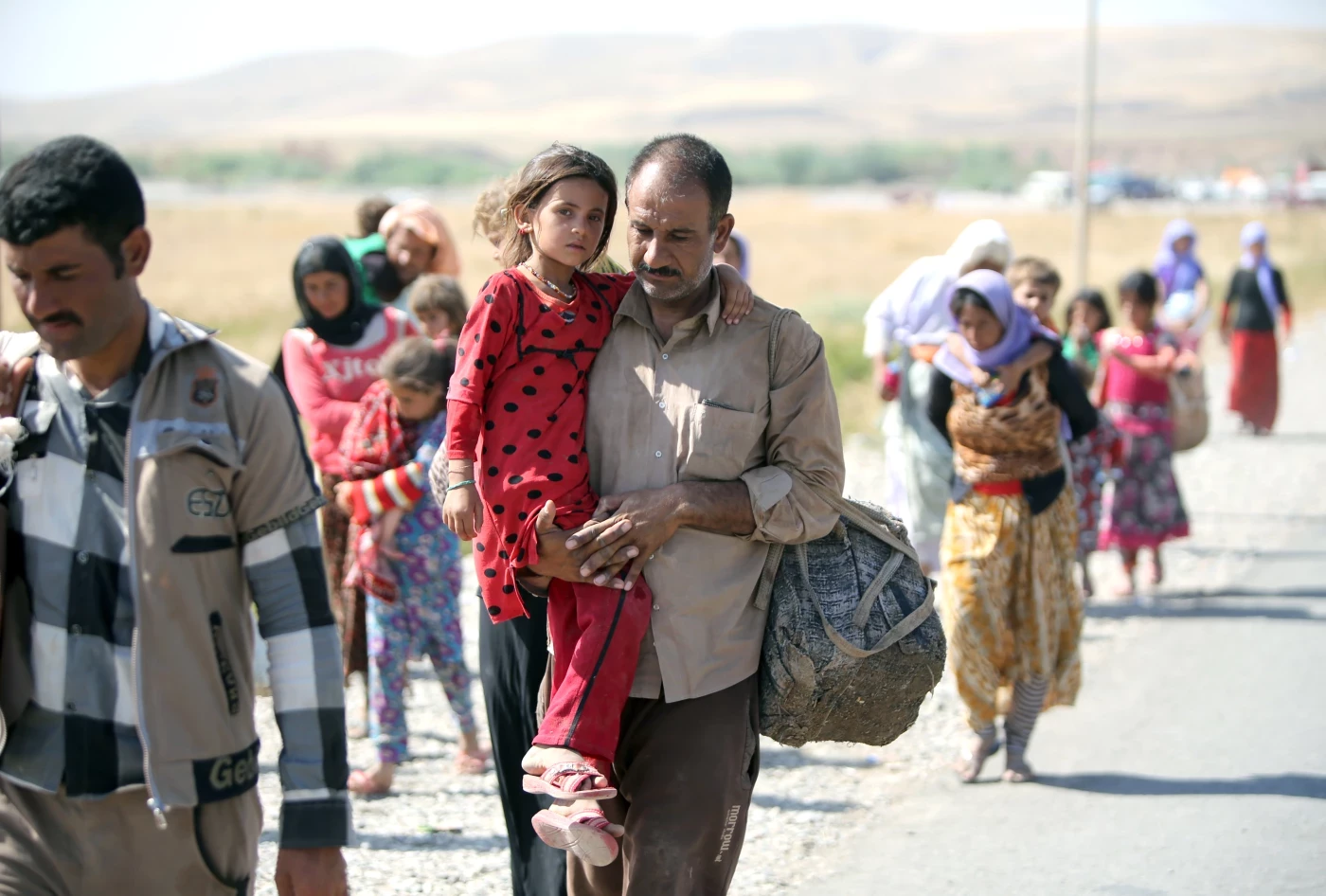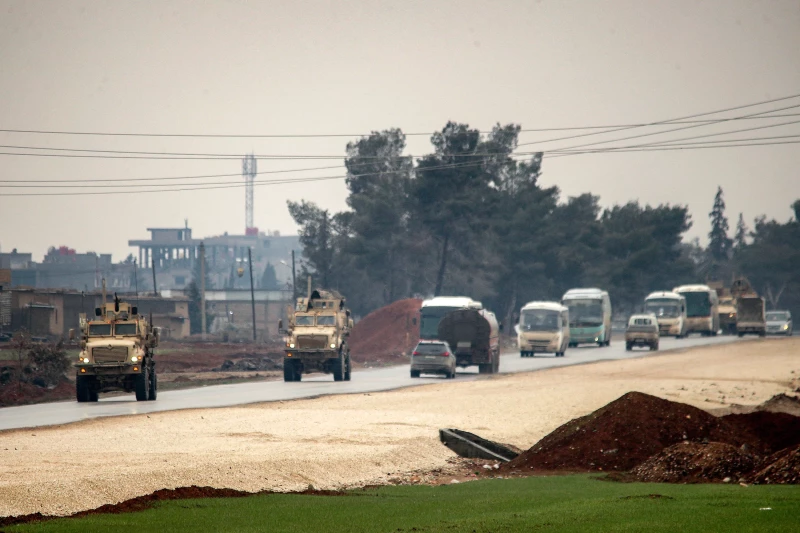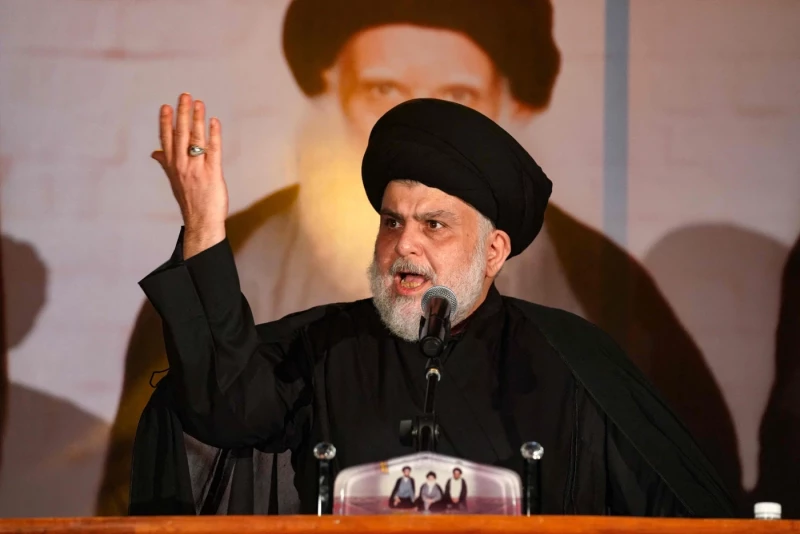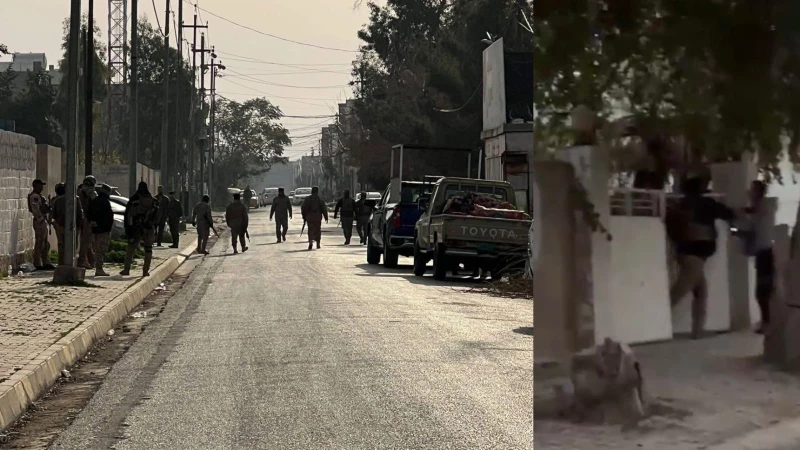ERBIL, Kurdistan Region of Iraq - A security official in Nineveh province has said that thousands of displaced families are still unable to return to their homes in Sinjar and nearby areas despite an improved security situation, calling on the Iraqi government to remove "foreign forces" and armed groups from the province to help restore normality.
Mohammed Kakayi, head of the Security Committee in the Nineveh Provincial Council, told The New Region that “tens of thousands of people, especially from the Yazidi community, remain in camps or scattered in other parts of Iraq.” He said the main reasons include “destroyed houses and infrastructure, lack of services, and the government’s failure to pay compensation."
"More than 40,000 families are still waiting for financial support," the security official noted.
Kakayi added that the absence of strong local administration in Sinjar and its subdistricts makes it harder for displaced people to return. Many families have also adapted to living in camps, where they depend on humanitarian aid, especially after many families' breadwinners migrated abroad.
He denied that the Kurdistan Workers’ Party (PKK) maintains a presence Sinjar, saying that only security forces, intelligence units, and Popular Mobilization Forces (PMF) are present in the area. According to security reports, PKK members are based in remote mountain areas outside the town. He noted that many of them are Iraqis who joined the group after it fought against the Islamic State (ISIS) in 2014.
Kakayi urged the government to expel "foreign groups," including PKK-affiliates, Turkish troops in Bashiqa, and other factions, saying they are no longer needed now that Iraqi security forces control Sinjar and the rest of Nineveh.
In 2020, Baghdad and Erbil reached a deal to jointly manage Sinjar’s security and services, but the agreement has not been implemented due to political disputes.
ISIS captured Sinjar in 2014, committing massacres against its population, before Kurdish Peshmerga forces retook it in 2015. The Iraqi army and PMF later seized control in 2017 after tensions over the Kurdish independence referendum.
The extremist group killed around 5,000 Yazidi men, some of whom were put into mass graves during their occupation of the region, while around 7,000 women and girls were enslaved.
The Sinjar Resistance Units (YBS), a PKK-affiliated force consisting of Yazidi fighters, were founded to protect the minority community during the ISIS onslaught.
Duhok was the primary destination of a total of 350,000 to 450,000 Yazidis who were uprooted from Sinjar, according to a 2024 report by the UN's International Organization for Migration (IOM).
Currently, Duhok province and the Zakho administration host 20 camps, including 15 for displaced Iraqis and five for refugees. About 20,840 families live in these camps, while around 35,000 more displaced families live outside them.



 Facebook
Facebook
 LinkedIn
LinkedIn
 Telegram
Telegram
 X
X


